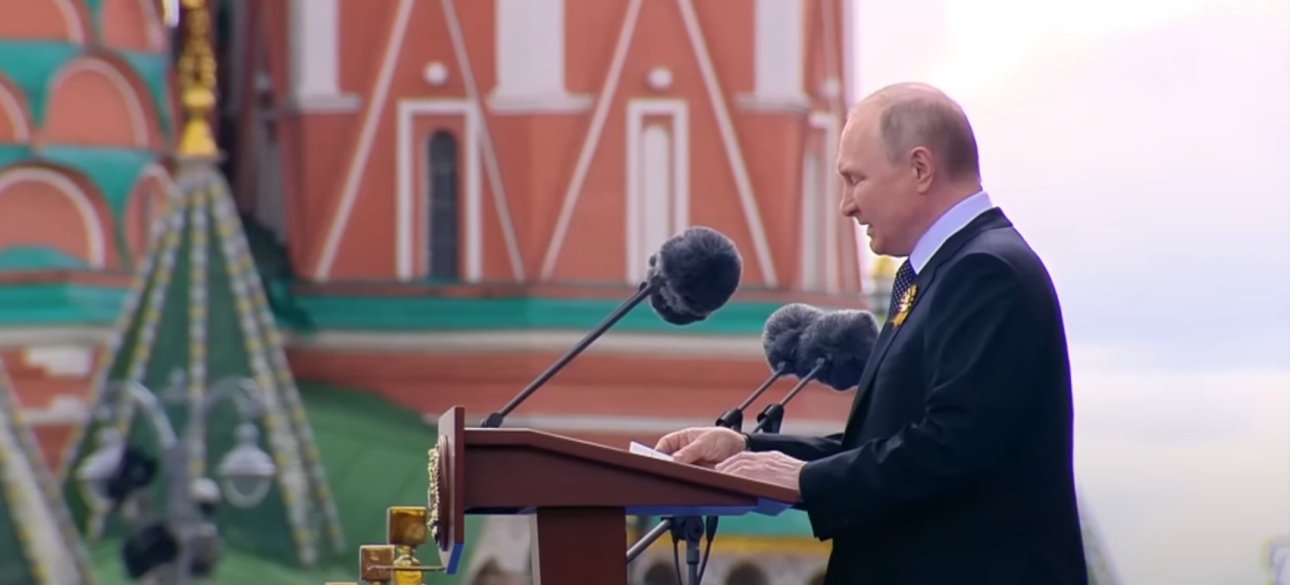
 By Eliza Popova
By Eliza Popova
A few days after the use of the ballistic missile along the Dnieper, it became clear that the Kremlin's calculation has fallen, and the use of British and American missiles by Ukraine does not (at least) a nuclear threat to the world and Ukraine. 2. We have now moved to the second stage of this battle (I would call it a "pre -repeated battle"). And this stage is the war of nerves. How long will this stage last? Given everything for at least a few weeks.
The Russians have accumulated enough weapons for grueling shelling for Ukraine and throwing everything they have from human power. It is also worth noting that at least two positive factors for the Kremlin coincided with human power and its accumulation.
After Kursk, when there was a threat of mobilization without money, the number of contractors, which had previously taken a waiting position, increased slightly and waited for a contract for contract (they were simply scared that they would not pay mobilization and the money would not pay). In addition, the autumn dembel has now ended, which also gave additional contractors' resources. There is another third, while the theoretical factor is the collapse of the ruble.
It is likely that another small jump in the number of those who still reflect on the exchange of life for money can occur. Therefore, unfortunately, our predictions that people in the Russians should end in November and December have proved to be somewhat wrong. Now we can say that by March - A flower enemy can keep meat storms. 3. Before moving to the analysis of Putin's further actions, I have to repeat what I wrote and said many times.
There are three reasons for this war: 1) Russia has ceased to be the third pole of the world; 2) Russia has lost unlimited police functions in the post -Soviet space; 3) Putin believed that by annexing Ukraine, he would stop the deslavianization of Russia. The Kremlin thought that a fast three -day war would solve all three issues. It is now clear that none of the three Putin points will be solved. But these are still the main factors of why Putin wants to continue the war.
Moreover, he realizes that in all circumstances he has money for war for a half or two years, and possibly a little more (it all depends on the oil situation). The following factors speak against the war: 1) Russia becomes technologically dependent on China in the 21st Century Economy and they have a maximum of 2-3 years, so as not to turn into a country that cannot build its economy without China at all; 2.
Russia is afraid of collapse of oil prices that they are scared by Trump, which can cause internal problems, because money will not be enough for. Simply put, in the negotiation process, Putin has a dilemma: to continue the war and try to achieve the goals set in 2022, which is almost unrealistic, or retreat one step back and achieve sanctions. As long as the answer to this question is not primarily with Putin himself. 4.
A nuclear stroke, which has been spoken so much by various Russian politicians, becomes a factor in today's political rhetoric (despite the Baltic Stroke on the Dnieper) for a number of reasons. It looks like for me, the following: there is a group of radicals around Putin (Patrushev, Kovalchuk and partially Chemezov and Vayno) - old grandfathers (except Walin) who want to be more radical than Putin and play hawks.
And they sincerely believe that a nuclear blow will continue their political life, and Russia will return greatness. And they begin to swing Putin in public (the chief speaker is Kovalchuk, Putin's partner on historical discussions and, importantly, the Kremlin's chief gerontologist, who proves Putin that you can live up to 130 years).
Unfortunately, it seems that unlike the Caribbean crisis, when there was one public opponent Khrushchev (Mikoyan), now a public opponent may not be (except Medvedev's statement, that "we are not crazy", we have not heard anything) . Nuclear blow in the understanding of these grandparents is cemented by their power and power of their children. Although it is a myth.
There is another character-the deputy head of the administration of Putin Kirenko, who is silently looking at all this and believes that post-nuclear isolation of Putin will turn him (kirienko) into a de facto president. 5. Who opposes it? No matter how strange it may sound, but it is Putin himself. Or, more precisely, his fear. Putin is afraid not only for his life, but also for two things: first, he is very afraid of final isolation.
And a nuclear blow to the great fate of probability will lead to that. Secondly, he is afraid to lose his head in a history textbook. And these two things are the main restraint factor at least at this time. And so I will repeat the same thing as I said a week ago: the nuclear threat is minimal today. 6. The issue of freezing conflict in Ukraine Trump will try to decide on his inauguration (the likelihood that it will be possible as long as it is low, but the situation is changing almost daily).
We can already say that our question will be resolved as part of Trump's major deals around the world. In the same way, we can argue that Putin will take time with real negotiations until he realizes that the front line has stabilized. But I am sure that not negotiations, but the exchange of thoughts at a lower level has already begun. The author expresses a personal opinion that may not coincide with the editorial position. The author is responsible for published data in the "Thought" section.










All rights reserved IN-Ukraine.info - 2022